St John's Primary School is committed to safeguarding and promoting the welfare of children and expects all staff, governors and volunteers to share this commitment.
We have a number of policies and procedures in place that contribute to our safeguarding commitment, including our Child Protection Policy which can be viewed in the Policies section of our website.
All school staff are trained in Child Protection and how to look out for signs of physical/emotional harm or neglect and are required to report these to the Designated Safeguarding Lead (DSL) or Deputy Designated Safeguarding Lead (DDSL). In addition, all staff and volunteers complete the PREVENT training that addresses concerns over radicalisation of children from groups or parents with extreme radical views. Sometimes we may need to share information and work in partnership with other agencies when there are concerns about a child’s welfare. We will ensure that our concerns about our pupils are discussed with his/her parents/carers first unless we have reason to believe that such a move would be contrary to the child’s welfare.
Children are made aware of the adults they can talk to if they have any concerns, we listen to our pupils and take seriously what they tell us.
Our Safeguarding Team
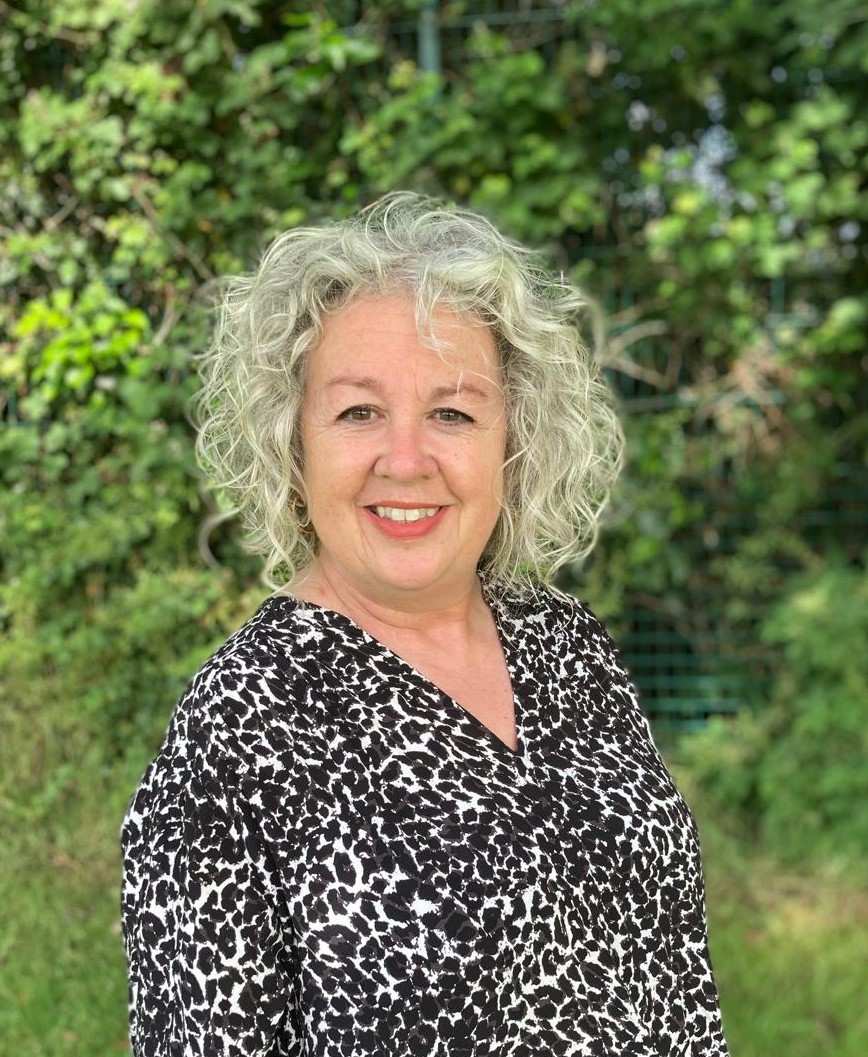
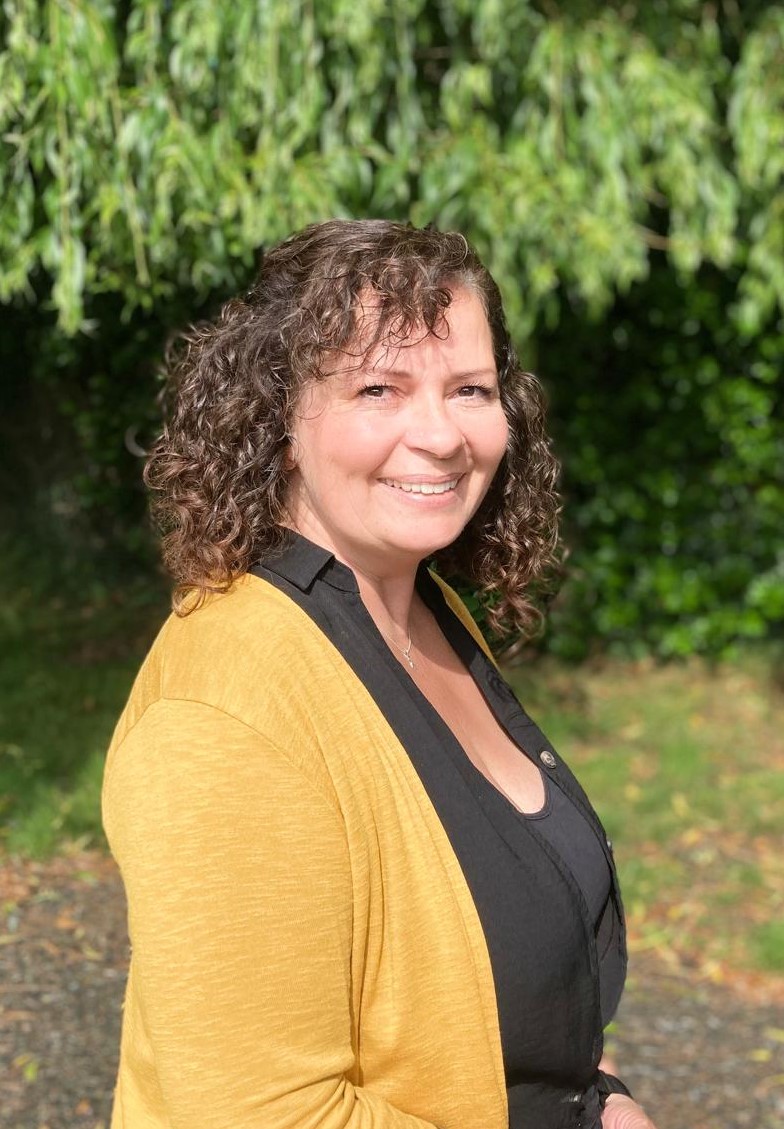
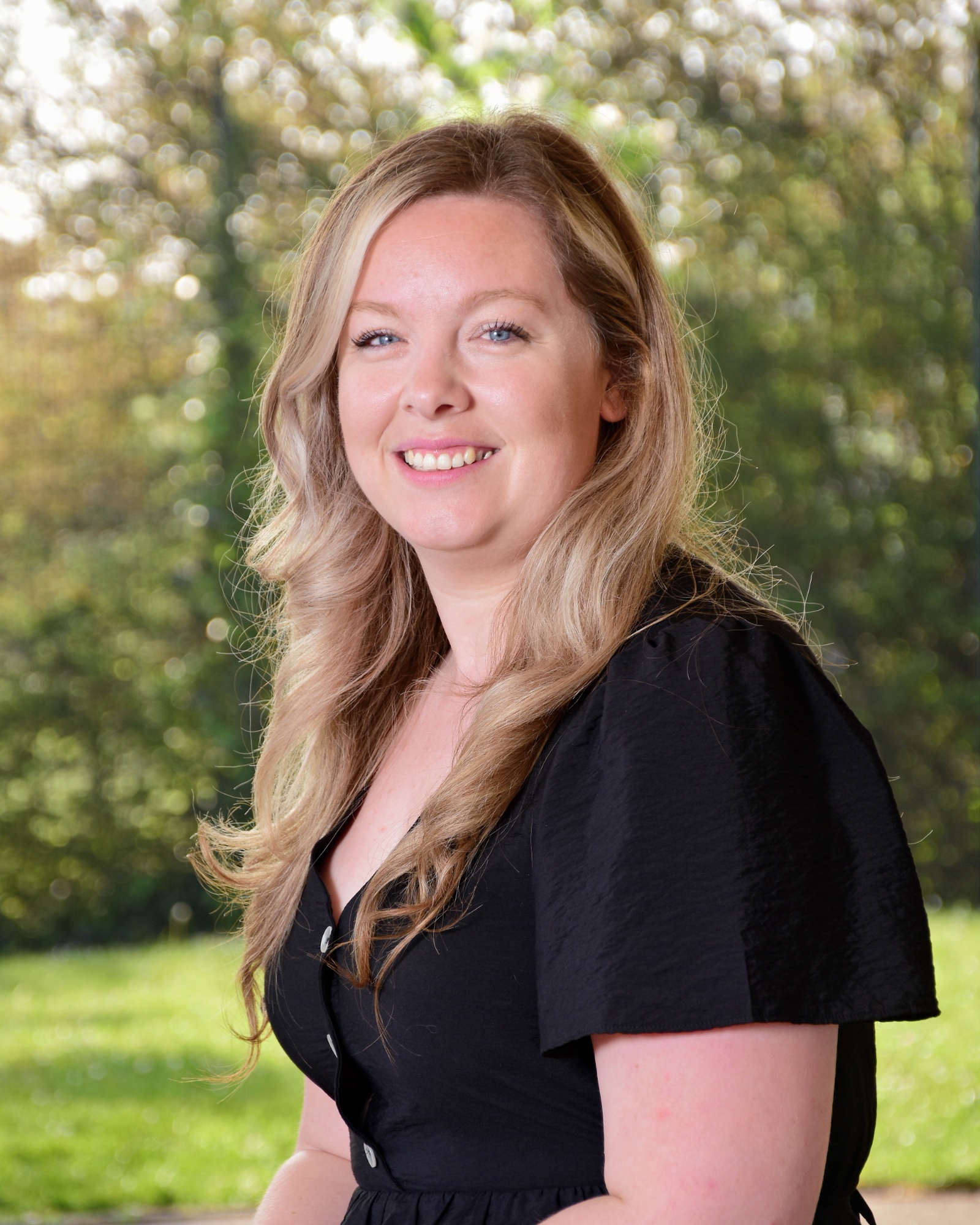
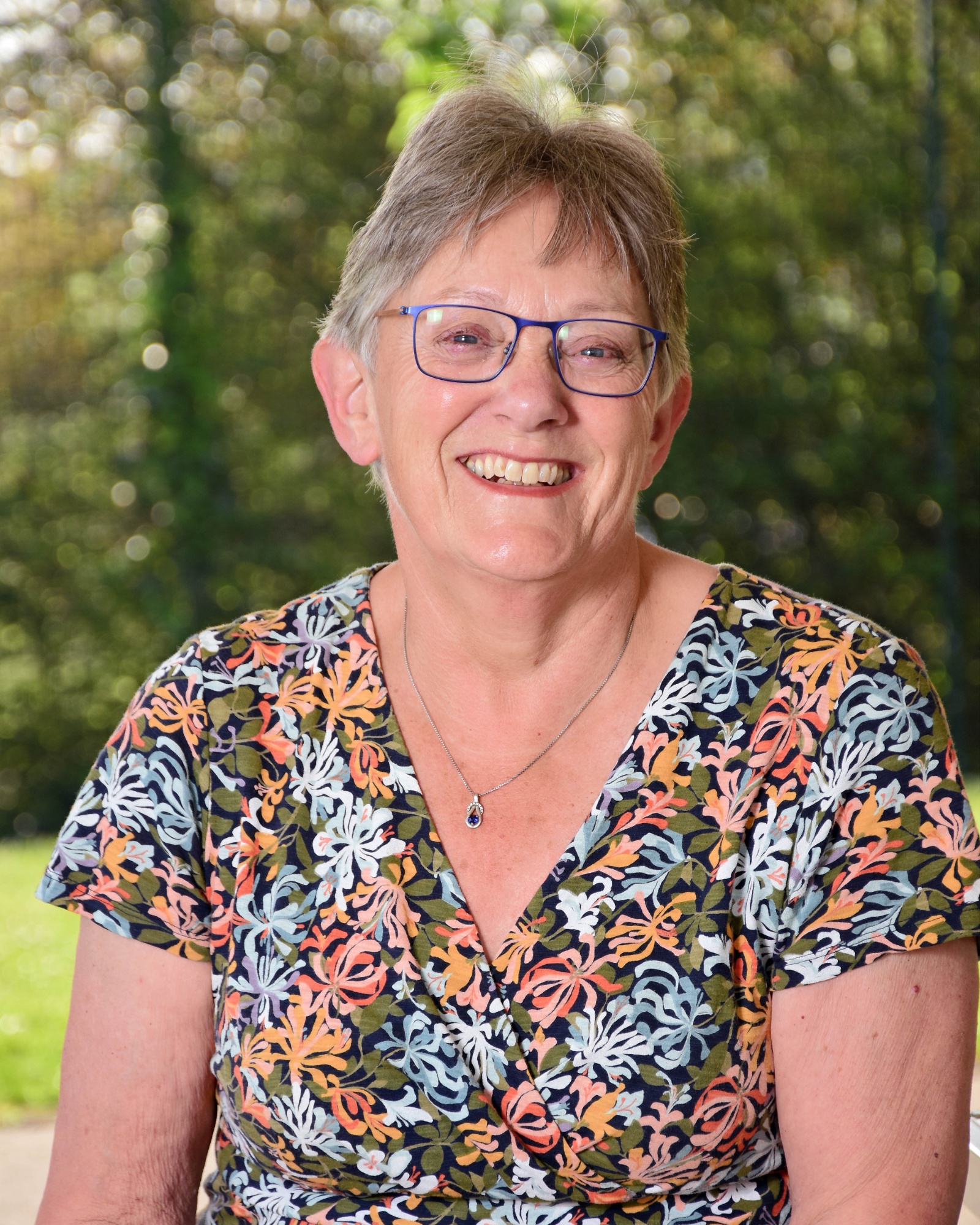
Key Contacts
Safeguarding is everyone’s responsibility
REMEMBER: If you have a suspicion or concern about child abuse you should always take some consult, seek advice and take action. Families and members of the public can contact the Family Support And Advice Line (FSAL)on 01305 228558
Alternatively, during term time, you can contact the school to speak to Amanda Aze (Designated Safeguarding Lead) Heidi Martin (Deputy DSL) or Alice Rist (Deputy DSL). The safety of our young people is the responsibility of us all.
St John’s CE Primary School, Weymouth, Dorset, DT4 7TP.
Tel: 01305 785711
E-Mail: office@stjohnswey.dsat.org.uk
Operation Encompass
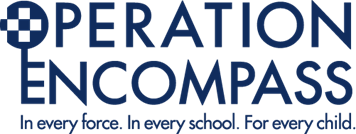
Operation Encompass is the reporting of police attended domestic abuse incidents to schools, prior to the start of the next school day, where there are children in the home.
Amanda Aze, Designated Safeguarding Lead (DSL) and Heidi Martin, Deputy Designated Safeguarding Lead (DDSL) are known as Key Adults and have completed Operation Encompass training, which allows them to liaise with the police and to use the information that has been shared in confidence, while ensuring that the school is able to make provision for possible difficulties experienced by children, or their families, who have experienced a domestic abuse incident.
Domestic Abuse
Domestic Abuse Contact Numbers
Domestic abuse can affect anyone and takes many forms. Here you can find lots of important contact numbers where you can find help.
Supporting survivors
We empower survivors by keeping their voices at the heart of our work, working with and for women and children by listening to them and responding to their needs.
Our range of support services helps thousands of women and children every year.
Domestic Abuse Helpline for Dorset (previously You First)
Paragon are a team of passionate people, working in domestic and sexual violence & abuse and stalking services. Some of us are experts by lived experience and some by work experience and knowledge. We believe there is no ‘you and us’ at Paragon — only us. We work together with you, using our combined experiences and knowledge to keep you safe to live a life free from violence and abuse.
Mental Health and Well-Being
NSPCC Mental Health and Parenting
Managing stresses and illness alongside being a parent or carer is a complicated part of life for many.
If you're managing mental health issues you might find you have mood swings or struggle with keeping routines such as mealtimes, bedtimes and taking your children to school.
If you, or someone you know, is struggling, there are steps you can take.
Support and Advice for Single Parent Families
Being a single parent can bring many rewards, and also new challenges. Whether you’ve just become single, or are about to be, or have been for ages, it’s good to inform yourself so that you can make the best decisions for your family.
Here we offer advice, support and information around some of the most common topics single parents ask us about. You can also chat with and meet other single parents by joining the Gingerbread Community.
- We change minds across England and Wales by making mental health something people talk about every day. We speak out against unfair treatment in healthcare, at work, and in the law - things that make life harder for people with mental health problems.
- We support minds by giving help when it’s needed - through our advice, information, and local services.
- And we connect minds by bringing people and communities together - people who care about mental health and want to make a difference.
Keeping Children Safe
Good Behaviour at St John's
In order for children to enjoy school and learn well we know that a calm, safe and orderly school environment is president. Everyone at St John's values the importance of treating each other well and are taught to understand and know how to follow routines and expectations and treat each other well so that everyone can flourish.
Our school approach is rooted in our biblical foundation of John 13.34 that can be found loud and proud around our school hall where we gather regularly together as a school during daily collective worship.
Our Behaviour Curriculum and Good Behaviour Policy can be found here;
Online Safety
The internet is essential in 21st century life for education, business and social interaction. As children move up through the school, their access to various types of technology increases, and it stands to reason that their exploration and curiosity increases too. The positives of the digital world overwhelmingly outweigh the negatives, but children, schools and parents all need to be aware of various online risks.
We at St John's School follow the SMART Rules. These rules are visible in all classes and in all areas of the school.
Safe
Keep your personal information safe. When chatting or posting online don’t give away things like your full name, password or home address. Remember personal information can be seen in images and videos you share too. Keep them safe to keep yourself safe.
Meet
Meeting up with someone you only know online, even a friend of a friend, can be dangerous as this person is still a stranger. If someone you only know online ever asks you to meet up, for personal information or for photos/videos of you then tell an adult straight away and report them together on www.thinkuknow.co.uk
Accepting
Think carefully before you click on or open something online (e.g. links, adverts, friend requests, photos) as you never know where they may lead to or they may contain viruses. Do not accept something if you are unsure of who the person is or what they’ve sent you.
Reliable
You cannot trust everything you see online as some things can be out of date, inaccurate or not entirely true. To find reliable information, compare at least three different websites, check in books and talk to someone about what you have found.
Tell
Tell a trusted adult if something or someone ever makes you feel upset, worried or confused. This could be if you or someone you know is being bullied online. There are lots of people who will be able to help you, like your teachers, parents, carers or contact Childline – 0800 11 11 or www.childline.org.uk
-
E-safety Policy
The trusts E-safety policy can be found by clicking here
Advice and Support for Young Children
Everyone needs to feel safe so they can feel happy and do their best.
What kind of things might make me feel unsafe?
- Being hurt by an adult or another child.
- Being touched in a way I don’t like.
- Not being looked after by people at home.
- Seeing people I love being hurt.
If anyone is making you feel unsafe, it is not your fault.
What should I do if I am worried about something or about a friend?
- Tell an adult in school.
- Tell an adult at home.
- Tell a friend.
There are people in school who have had special training to try and help make you feel safe again. You, adults at home or your friends can always talk to one of these people.



Mrs Aze Mrs Martin Miss Rist
Below is a telephone number and website for Childline. Childline offers free, confidential advice and support whatever your worry, whenever you need help.
Childline
0800 1111
What are the PANTS rules?

Privates are private
Your underwear covers up your private parts and no one should ask to see or touch them. Sometimes a doctor, nurse or family members might have to. But they should always explain why, and ask you if it's OK first.
Always remember your body belongs to you
Your body belongs to you. No one should ever make you do things that make you feel embarrassed or uncomfortable. If someone asks to see or tries to touch you underneath your underwear say 'NO' – and tell someone you trust and like to speak to.
No means no
No means no and you always have the right to say ‘no’ – even to a family member or someone you love. You’re in control of your body and the most important thing is how YOU feel. If you want to say ‘No’, it’s your choice.
Talk about secrets that upset you
There are good and bad secrets. Good secrets can be things like surprise parties or presents for other people. Bad secrets make you feel sad, worried or frightened. You should tell an adult you trust about a bad secret straight away.
Speak up, someone can help
Talk about stuff that makes you worried or upset. If you ever feel sad, anxious or frightened, you should talk to an adult you trust. This doesn't have to be a family member. It can also be a teacher or a friend's parent – or even Childline.
Bullying
There is no legal definition of bullying. But it is usually defined as repeated behaviour which is intended to hurt someone either emotionally or physically, and is often aimed at certain people because of their race, religion, gender or sexual orientation or any other aspect such as appearance or disability.
If you are worried about bullying and would like some advice, here is a great website with useful information.
https://www.nationalbullyinghelpline.co.uk/children.html
Walking Safely to and from school
- You should NEVER take rides from other people that have not been arranged by your parent/carer. This includes people who you may know, as well as strangers.
- If you are approached by someone you do not know you should go to the nearest shop or public building and ask for help.
- We strongly encourage you to walk to school with a friend/group of friends so that you are not on your own.
- Before you start to walk to school on your own, practice the route with your parent/carer. You should NEVER be talked into changing the route you have practiced or taking a short cut by your friends.
- Always use traffic lights or zebra crossings when available.
The Golden Rules for Crossing The Road Safely
-
Stop at the kerb or edge of the street.
- Look left, right, left and behind you and in front of you for traffic.
- Wait until no traffic is coming and begin crossing.
- Keep looking for traffic until you have finished crossing.
- Walk, don’t run across the street.



